More than 3.3 million Americans were forced to evacuate their homes in 2022 due to naturals disasters such as hurricanes, tornadoes or wildfires, according to new data from the Census Bureau.
Overall, the disasters caused 474 deaths and $165 billion economic damage.
Hurricanes forced most people — more than 1.6 million, almost half of the evacuated population — to leave their homes, followed by floods, fires and tornadoes.
The data — collected from Jan 4-16, 2023, from a total of 68,504 responses — also showed that close to 40 percent returned to their homes within a week. Nearly 16 percent haven't returned home and may have left their homes for good, and 12 percent were evacuated for more than six months long.
"These numbers are very distressing," Michael Gerrard, director of the Sabin Center for Climate Change Law at Columbia University, told NBC News.
"These numbers are what one would expect to find in a developing country. It's appalling to see them in the United States. They're only going to get worse in the years to come because climate change is making extreme weather events more frequent and more severe."
The poor were affected more. More than 860,000 people from households with income less than $25,000 were displaced in 2022, more than any other income group. Households with income $150,000 and higher had the least number of people forced to evacuate.
Louisiana had the highest evacuation rate of all states: With more than 368,000 people displaced, its disaster evacuation rate was almost 8,000 per 100,000 people.
With almost 889,000 people displaced, Florida followed Louisiana with an evacuation rate of almost 4,000 per 100,000. Idaho appeared to be the safest state so far from natural disaster. Only 205 per 100,000 of its population had to evacuate.
The National Center for Environmental Information of the National Oceanic and Atmosphere Administration (NOAA) estimated that in 2022, there were 18 weather disaster events with losses exceeding $1 billion each in the U.S.
Besides droughts, winter storms and wildfires, severe storms accounted for the most natural disasters.
Last year, flooding forced Yellowstone National Park to evacuate and close all entrances to the park. The Yellowstone River recorded water levels that hadn't been seen for more than 100 years.
Climate change has caused more natural disasters to occur in recent years, according to the NOAA. Its data showed that the 1980-2022 annual average for natural disasters exceeding $1 billion damage is 7.9 events (CPI-adjusted); the annual average for the most recent five years (2018-2022) is 17.8 events (CPI-adjusted).
The U.S. Geological Survey has forecast that long-term effects of climate change will include a decrease in sea ice, an increase in permafrost thawing, an increase in heat waves and heavy precipitation, and decreased water resources in semi-arid regions.
More heat in the atmosphere and warmer ocean surface temperatures can lead to increased wind speeds in tropical storms, resulting in various weather-related disasters.












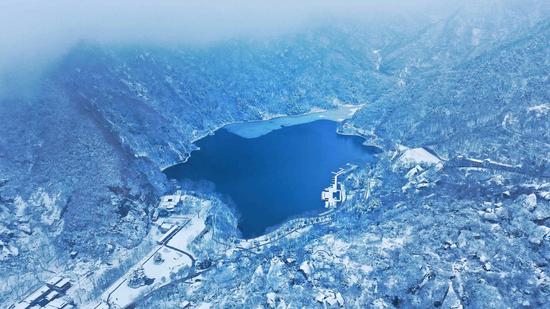



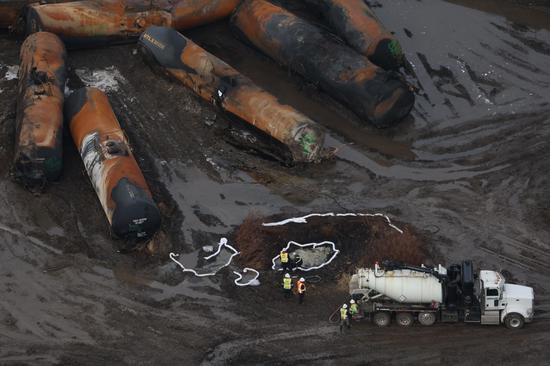

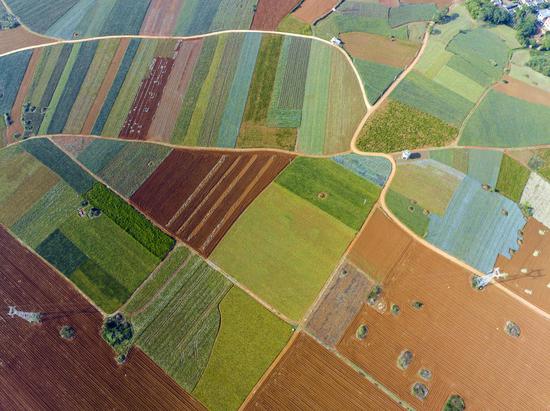






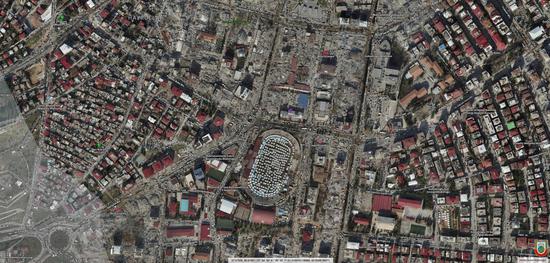



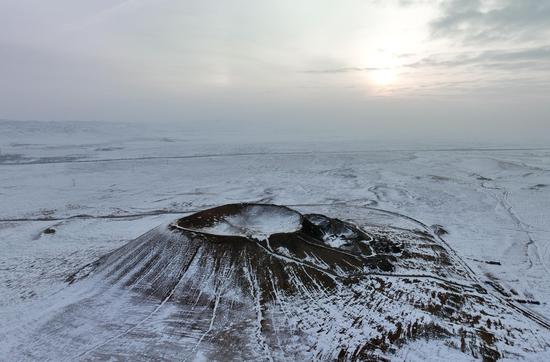


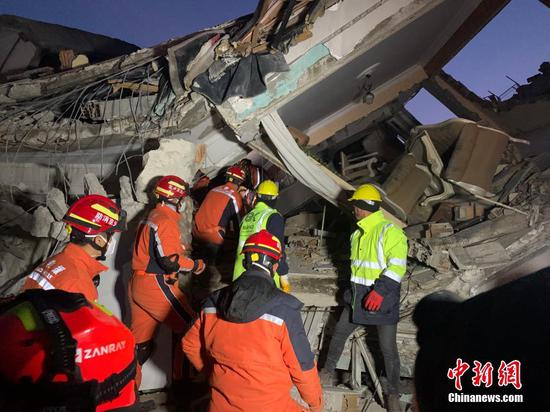











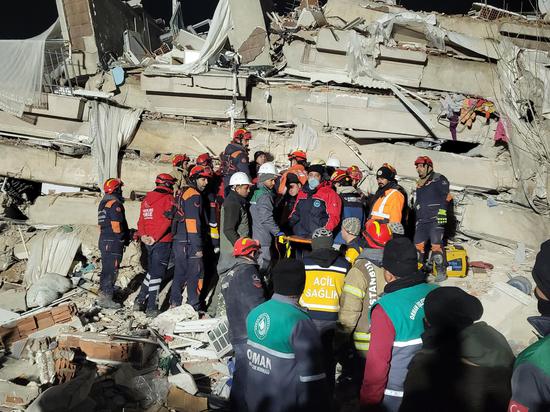





 京公网安备 11010202009201号
京公网安备 11010202009201号